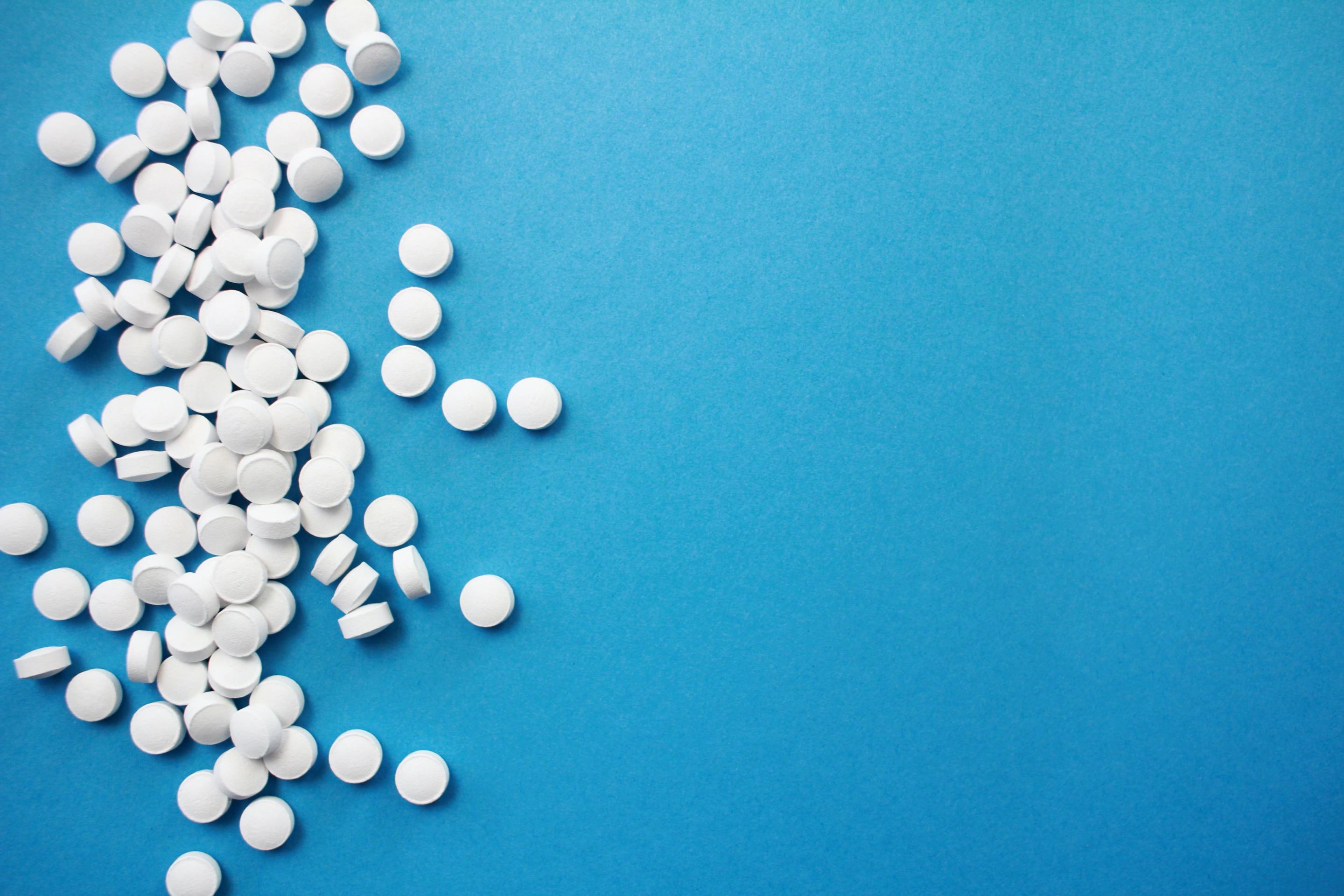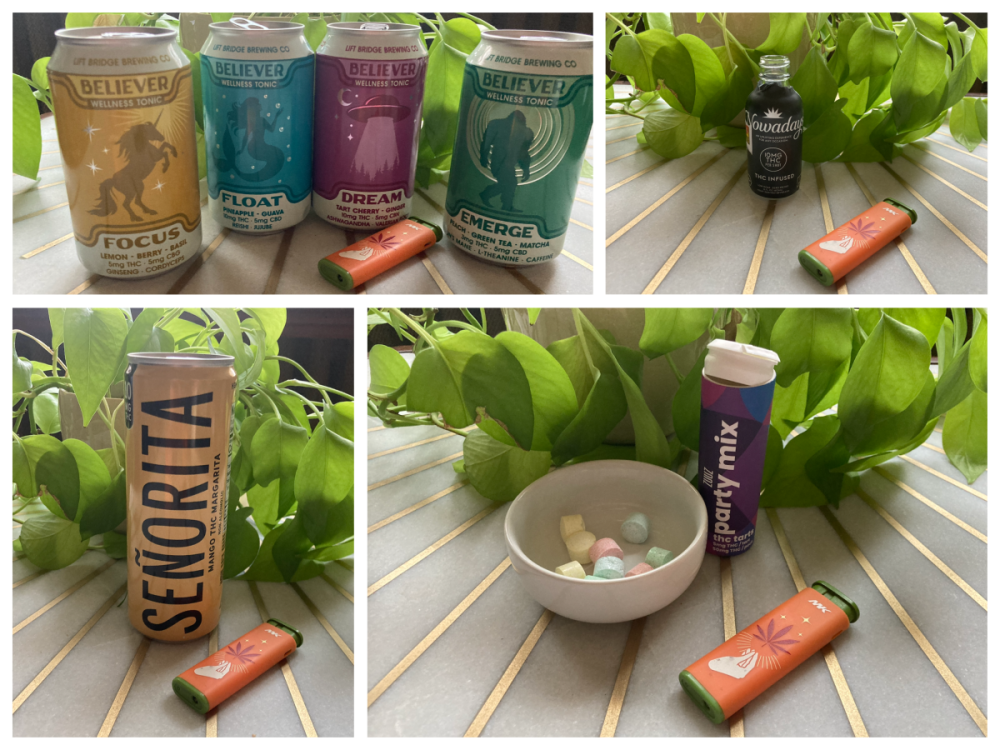Over the past three years, NorthPoint Health’s Harm Reduction & Testing Services Program only shut down for two days, both related to building damage sustained during the George Floyd protests. The need for its services—syringe exchange, overdose reversal medication, fentanyl test strips, HIV and hepatitis testing—is simply too great.
For as devastating as the pandemic has been to human life, the coinciding opioid epidemic has been worse for certain demographics. Overdose deaths, mostly due to fentanyl, have topped 100,000 per year for the first time ever, according to the CDC. Cops are seizing the synthetic opioid, which is up to 50 times stronger than heroin, at a rate of almost 50 times more than four years ago, a new study from the National Institute on Drug Abuse found. That’s about 10 million illicit pills just last year.
“For 18 to 45 year olds in the U.S., there have been more overdose deaths than there were Covid deaths,” says Gabe Lyrek, team leader at NorthPoint’s To the Point Program.
"Our participants are much more aware of the fentanyl, and the higher rates of overdosing," adds Nikki Monette, program manager at To the Point. "People that might not take a test strip are now taking it, because they realize that almost everything has fentanyl in it."
In the recent past, fentanyl-laced drugs were mostly an issue for heroin and meth users. Now, because of its dirt-cheap cost and potency, the opioid is showing up in cocaine and MDMA, reports Cobs Foucault with Southside Harm Reduction Services, a mobile harm-reduction operation.
Fentanyl can be disguised as any number of prescription meds.
“You can buy a pill press for $5 that looks like it’d be making a Xanax or a Percocet, but they’re just making fentanyl pills," Lyrek says. "Users think they’re taking a Percocet, but it’s just straight-up fentanyl and they die."
NorthPoint and Southside give out Naloxone kits—a much cheaper generic version of the medication Narcan—that can rapidly reverse opioid overdoses.
“We gave out about 6,400 doses of Naloxone in 2020; in 2021, we gave out 14,556 doses," he says, noting that OD reversals often require multiple doses. "At this time last year, we had 79 reported overdoses; this year, we’ve had 116 reports.”
For the first time ever, Lyrek says, NorthPoint staff members have had to perform overdose reversals in the facility's north Minneapolis parking lot.
"There’s a really large scare around fentanyl right now; in general, the drug supply is just really inconsistent,” Foucault says, noting that the War on Drugs' criminalizing of the opioid market has led to a flood of fentanyl analogs available through places like the dark web. (For a non-journalistic but hugely informative deep-dive into Perdue Pharma's blame for the opioid crisis, check out this TrueAnon episode on the company's mega-selling drug, OxyContin.)
Funding for harm-reduction services can be difficult to obtain, as this recent episode of Last Week Tonight with John Oliver explores with great accuracy, Foucault notes. Politicians can score cheap heat by misrepresenting the services as a state-funded way of coddling drug users. Safe-injection sites, which were rejected in Minneapolis by Mayor Jacob Frey in 2019, get the Fox News crowd especially riled up. Southside Harm Reduction Services and the East Phillips Improvement Coalition are exploring what a supervised injection facility could look like, though they're receiving pushback from 20 neighborhood associations and the MPD union, the Star Tribune reports.
In reality, harm reduction has existed since the early 1980s, and it's succeeding at its intended purpose: saving lives. "We have pretty conclusive evidence from international models, and the results are very compelling," Dr. Gavin Bart, director of Addiction Medicine at Hennepin Healthcare, tells the Strib.
"We’re making headway [in terms of support], but it’s not where it should be," Monette says. "There’s still that stigma."






